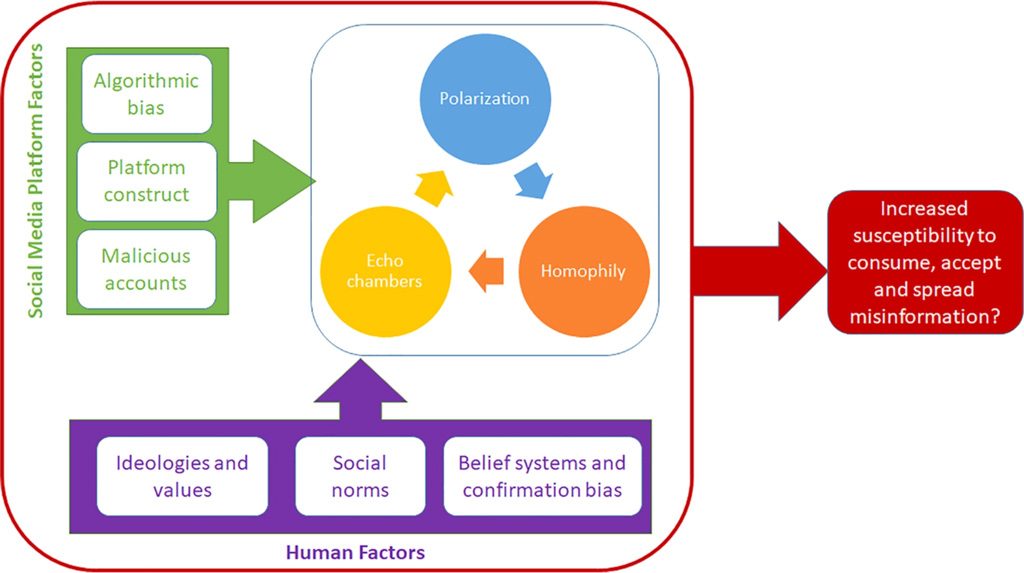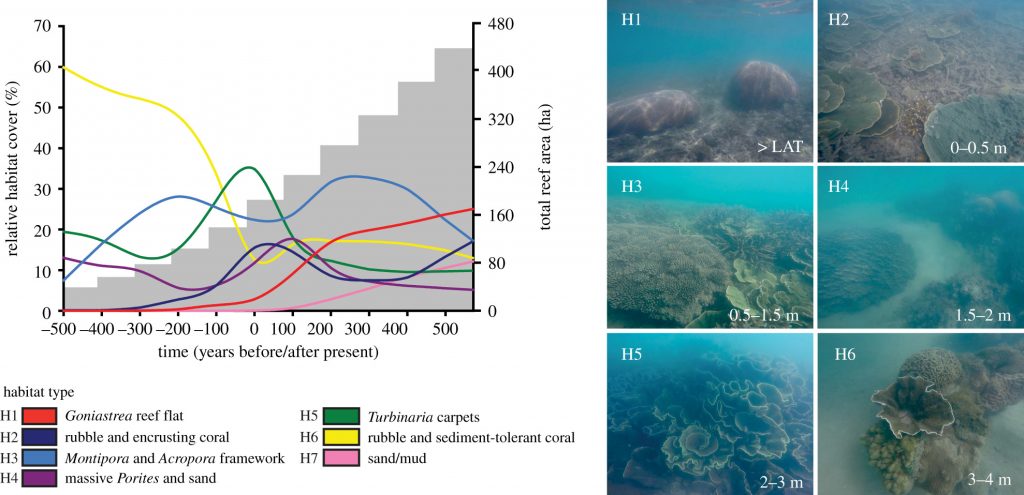Hywel and Kathie, along with their colleague Saffron O’Neill from the Department of Geography at Exeter, have written a guest post for the well-regarded climate science website Carbon Brief. The post, entitled “How climate change misinformation spreads online”, is based on their recently published article “Online Misinformation about Climate Change” in WIREs Climate Change. The post gives a high level overview of what climate change misinformation is, who is involved, how it spreads, why it matters, and what can be done about it.
Month: June 2020
New paper: Online misinformation about climate change
Kathie and Hywel have published a new paper: Online misinformation about climate change.
Policymakers, scholars, and practitioners have all called attention to the issue of misinformation in the climate change debate. But what is climate change misinformation, who is involved, how does it spread, why does it matter, and what can be done about it? Climate change misinformation is closely linked to climate change skepticism, denial, and contrarianism. A network of actors are involved in financing, producing, and amplifying misinformation. Once in the public domain, characteristics of online social networks, such as homophily, polarization, and echo chambers—characteristics also found in climate change debate—provide fertile ground for misinformation to spread. Underlying belief systems and social norms, as well as psychological heuristics such as confirmation bias, are further factors which contribute to the spread of misinformation. A variety of ways to understand and address misinformation, from a diversity of disciplines, are discussed. These include educational, technological, regulatory, and psychological‐based approaches. No single approach addresses all concerns about misinformation, and all have limitations, necessitating an interdisciplinary approach to tackle this multifaceted issue. Key research gaps include understanding the diffusion of climate change misinformation on social media, and examining whether misinformation extends to climate alarmism, as well as climate denial. This article explores the concepts of misinformation and disinformation and defines disinformation to be a subset of misinformation. A diversity of disciplinary and interdisciplinary literature is reviewed to fully interrogate the concept of misinformation—and within this, disinformation—particularly as it pertains to climate change.
New paper: Projections of coral cover and habitat change on turbid reefs under future sea-level rise
Rudy and Hywel have a new published paper: Projections of coral cover and habitat change on turbid reefs under future sea-level rise.
Global sea-level rise (SLR) is projected to increase water depths above coral reefs. Although the impacts of climate disturbance events on coral cover and three-dimensional complexity are well documented, knowledge of how higher sea levels will influence future reef habitat extent and bioconstruction is limited. Here, we use 31 reef cores, coupled with detailed benthic ecological data, from turbid reefs on the central Great Barrier Reef, Australia, to model broad-scale changes in reef habitat following adjustments to reef geomorphology under different SLR scenarios. Model outputs show that modest increases in relative water depth above reefs (Representative Concentration Pathway (RCP) 4.5) over the next 100 years will increase the spatial extent of habitats with low coral cover and generic diversity. More severe SLR (RCP8.5) will completely submerge reef flats and move reef slope coral communities below the euphotic depth, despite the high vertical accretion rates that characterize these reefs. Our findings suggest adverse future trajectories associated with high emission climate scenarios which could threaten turbid reefs globally and their capacity to act as coral refugia from climate change.




